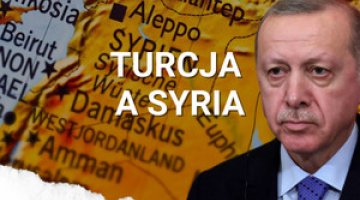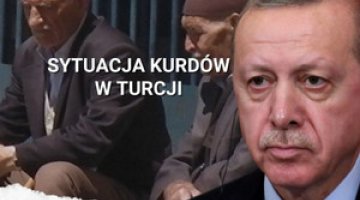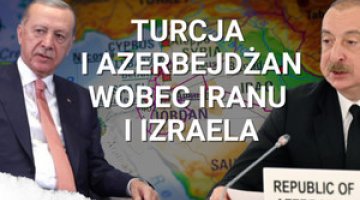Turkey’s Iraq problem
The Turkish Prime Minister Binali Yıldırım held meetings with both the Iraqi government in Baghdad and the Kurdistan Regional Government (KRG) in Irbil during his visit to Iraq on 7–8 January. The most important topics of the visit included: the Turkish military base in Bashiqa in Iraq, the fight against Islamic State (IS), the presence of Kurdistan Workers’ Party (PKK) troops in Sinjar in north-western Iraq, and the economic and energy co-operation between the two countries and between Turkey and the KRG. Although no new bilateral agreements have been signed, this visit –the first by a Turkish prime minister to Iraq since 2014 – is being presented as a success in the Turkish media. Iraq and the KRG are important economic partners for Turkey, since they are the recipients of Turkish exports, they offer Turkish firms room for activity, and they export oil to Turkey.
Commentary
- Relations between Ankara and the Shiite-dominated government in Baghdad have been traditionally tense. For years now Turkey has supported the opposition in Iraq (both Sunni politicians and forces) and the Kurdish autonomy in the north of the country. Ankara is also one of the actors in the multidimensional conflict existing in Iraq. Turkey’s clients are: the Kurdistan Democratic Party (KDP) led by Masoud Barzani, which governs the KRG, and the relatively weak Arabic Sunni forces. Ankara is making active efforts to help these forces take power in Mosul once the city is recaptured from IS. This is neither in the interests of Iraq, nor of its patrons in Iran
- Yıldırım’s visit, contrary to the Turkish narrative where it is being presented as a milestone, has not provided Turkey with any tangible effects, nor has it eased the tension between Ankara and Baghdad. The key issue, who will rule Mosul after it is recaptured, remains unresolved. The question of the status of the Turkish military presence in Bashiqa is also unresolved – Turkey has announced that it will continue using the base until IS has been defeated in the region, but the negotiations concerning this issue are still to be continued in Turkey with the participation of the chief of staff of the Iraqi armed forces. Given these problems, Iraqi support in Turkey’s efforts to oust the PKK forces from Sinjar is merely symbolic – Baghdad does not control these areas and, should a military operation be launched against the PKK, KDP forces backed by Turkey, and not Iraqi troops, will be used. Despite the large composition of the Turkish delegation (including ministers for the economy, and of energy and education, and the head of the secret services, MIT), no new agreements were signed.
- The lack of a compromise between Ankara and Baghdad, and in the broader context also Turkey’s conflict with Iran, are revealing: on the one hand it shows the limitations of the Turkish policy towards the region and on the other, the lack of perspectives for stabilising northern Iraq. Turkey is pursuing a strategy of setting up a Sunni autonomy in Iraq that it would control. In this it can only count on the KRG, while the other major actors – including the USA, which is calling for Iraq’s unity – are opposed to it. There is no compromise regarding the future of Mosul, there are political and religious animosities between Sunnis and Shiites, tension between Baghdad and the KRG over the territories occupied by the Kurdish forces (mainly Kirkuk, but also the areas around Mosul). These factors, along with the conflicts inside the Kurdish community (above all between the PKK/PYD and the KDP) pose the risk of a further escalation of military activity, and are delaying the recapture of Mosul from IS and offering this organisation room for manoeuvre.
Józef Lang




